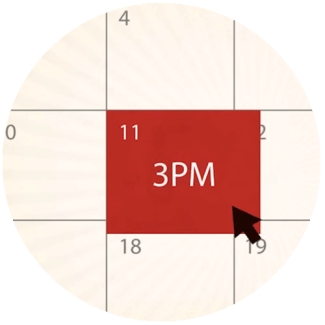Low hemoglobin
Why was I deferred?
The hemoglobin measurement is a fingerstick screening test to decide if you are eligible to donate blood. To donate blood, hemoglobin must be at least 125 g/L (12.5 g/dL) for women and 130 g/L (13.0 g/dL) for men. You were deferred to protect your own health.
Why do I have low hemoglobin?
The most common reason for low hemoglobin is low iron stores. Iron is needed to make red blood cells. Low iron stores can lead to fatigue and decreased exercise capacity.
Causes of low iron include:
- Not enough iron in your diet
- Frequent blood donation (more than twice a year for women or three times a year for men)
- For women, menstrual blood loss
- More rarely, gradual bleeding in the digestive tract, such as stomach or colon.
What should I do now?

We recommend that you see your doctor to check your hemoglobin and iron levels (ferritin). Your doctor will look into reasons why your hemoglobin is low, and may suggest taking iron pills.
All blood donors should eat an iron-rich diet and consider taking a multivitamin with iron.
Can I come back to donate?

Most people who have a low hemoglobin are able to improve their iron level and hemoglobin count and successfully donate.
It can take 4-6 months to rebuild your iron stores. Your doctor can help you decide when to donate again.
If your doctor has started you on iron pills, you may return to donate 6 months after starting them, if your hemoglobin and iron levels are back to normal.
Once your iron is back to normal and if you plan to donate regularly, speak to your doctor or pharmacist about taking over the counter iron pills to prevent low iron.
Consider limiting how often you donate blood to twice a year for women and three times a year for men.